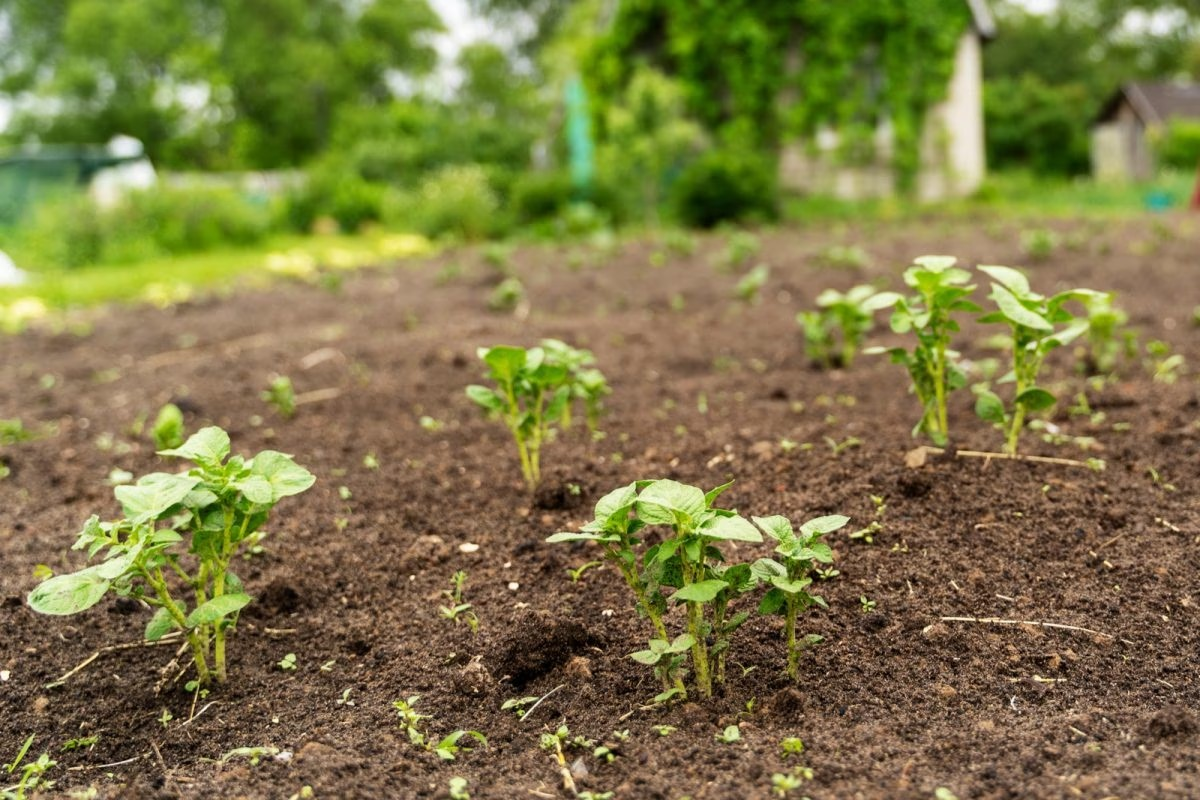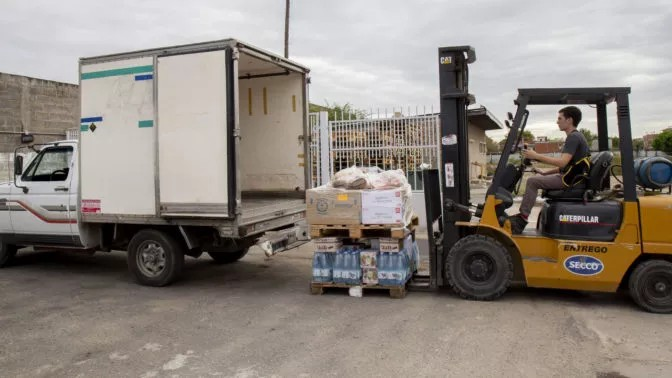‘How vegetables can stay for 30 days without spoilage’
To solve the problem of food spoilage and insecurity in Nigeria, the Basel Agency for Sustainable Energy (BASE) and the Swiss Federal Laboratory for Material Science and Technology (Empa), both in Switzerland, are partnering ColdHubs, a solar-powered storage facility network, to deploy a data science-based mobile application, called, ‘Your Virtual Cold-chain Assistant (YVCCA),’ to enable smallholder farmers, aggregators and food traders to optimise cold storage facilities and farm management. About 40 per cent of Nigeria’s produce is lost due to poor storage facilities, transportation challenges and absence of an effective cold chain.
Chief Executive Officer of ColdHubs, Nnaemeka Ikegwuonu, spoke with Head, Agro-Economy, FEMI IBIROGBA, in this interview.

How does food spoilage affect availability and security
Food spoilage, which is the loss of food meant for human consumption due to inefficiency along the food supply chains, reduces the net availability of food for human consumption. Lack of food, because of spoilage, intensifies poverty, hunger, and malnutrition.In Nigeria, food spoilage affects an estimated 93 million smallholder farmers and supply chain actors, who lose 50 per cent of their annual harvest and 25 per cent of their income.



Comments